
Episode #690
April 23, 2022
i want things done my way. Don’t you?
Everything i know i learned. Those lessons were valuable. They taught me efficiency, value, self reliance and survival.
When someone wants to do something differently from what i know, it causes warning signals in my mind.
What risks does this represent to me?
What dangers may others risk?
Has the alternate solution been thought through?
Is this a learning opportunity for me?
My first reaction is “NO.”
But i owe it to others to hear them out.
Experience, instruction and Google can only go so far.
Is contrary advice in my best interests?
Keeping an open mind is the best course when confronted with conflict.
A knee jerk negative reaction to critique closes one to possibilities. Blind negation can lead to further conflict and argument.
Listening and debate often reveal the proper course of action.
When the shoe is on the other foot and i am giving advice i make suggestions and offer alternatives with examples of my experience. i try to avoid repetition. i phrase advice in multiple ways. Each iteration sheds a new or different light.
Constant monotonous critique can devolve into nagging.
No one likes a nagger. Even the most well intended nag is nagging.
The part and parcel of refining a procedure is often failure.
One step back is often the impetus for two steps forward.
Taking contrary advice might seem like a do-over, but can actually improve results.
Some of these ideas sound like folklore, common knowledge. Because they are.
We humans have arrived at our level of survival by a combination of instinct and cultural knowledge. Trial and error through the eons has taught us best practices. Some of these practices are formalized in law. Some are taught in school. Some pummel us in our daily lives.
Good process is the key to avoiding conflict.
The scientific method is an inclusive and cooperative process.
Its steps are:
- Define a question.
- Make predictions based on research, observations and conversation.
- Gather data.
- Analyze the data.
- Draw conclusions.
Perhaps the most important part of the scientific method is the research, observation and conversation.
This is where conflict and contradiction become incorporated into the solution by adding the efficiencies, values, self reliance and survival of others to your own.
“I’ve looked at life from both sides now
From win and lose and still somehow
It’s life’s illusions I recall
I really don’t know life at all.”
— Joni Michchell, “Both Sides, Now”

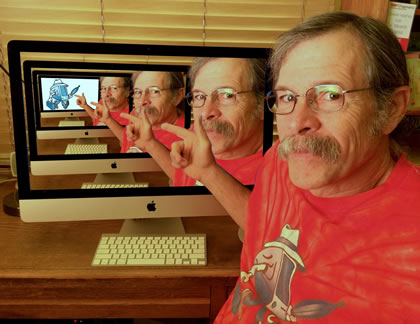
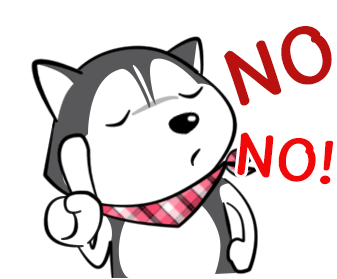
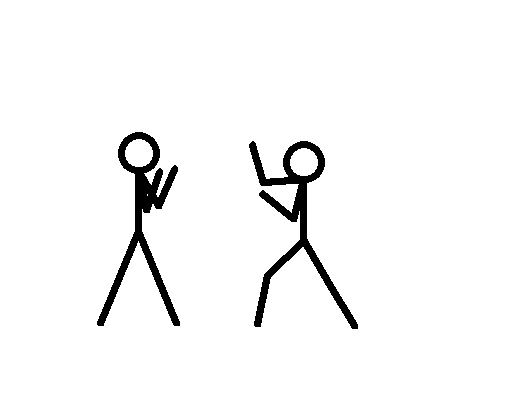
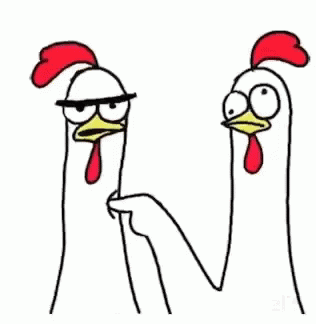
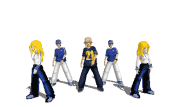

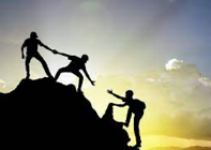
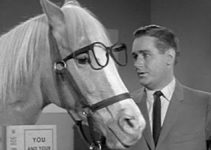
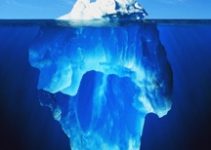
I like the reference to the song “Both Sides, Now” It does remind you of how many sides there are to the same issue.
I have many times had an opinion that was firm until I understood the other side. I was still right but it was good to understand the wrong side. LOL
RIGHT!